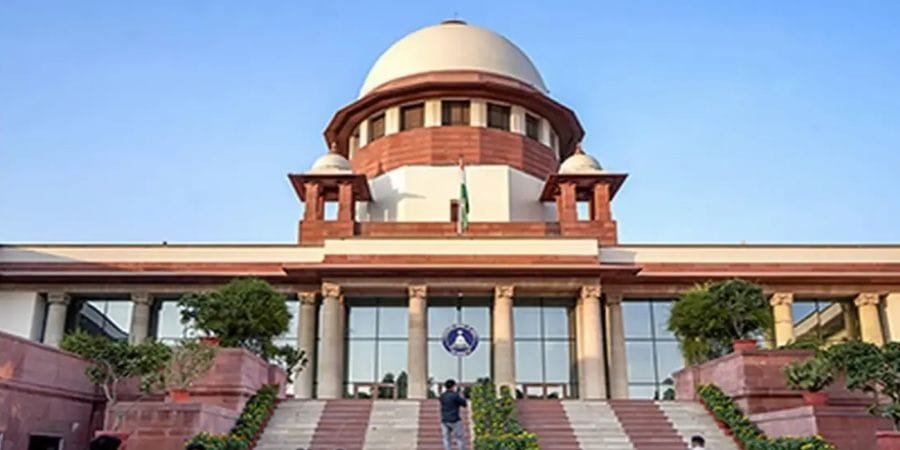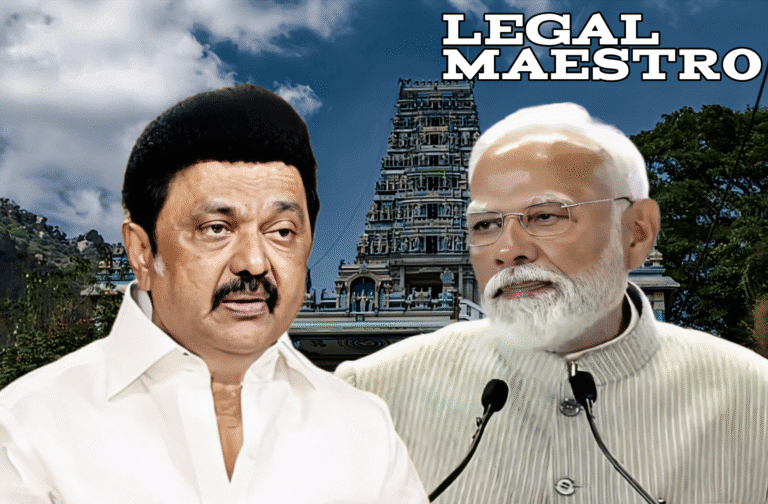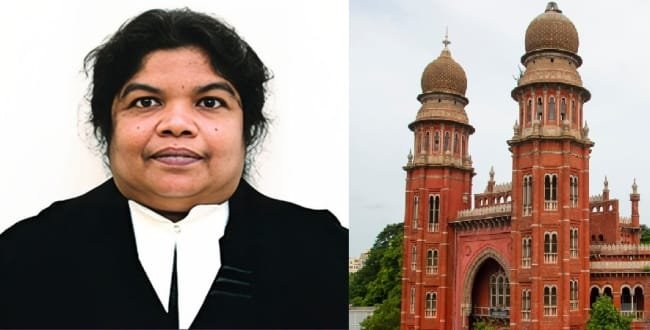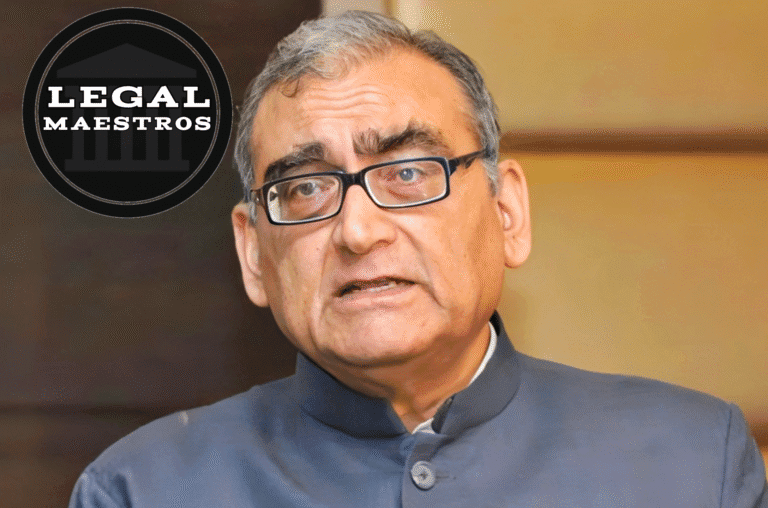
On 31st July, 2025 a bench comprising Justices Sudhanshu Dhulia and Ahsanuddin Amanullah reiterated the principles laid down in Priyanka Srivastava vs State of U.P. State of U.P.[1] While deciding a matter of quashing of FIR[2], the Supreme Court held that it is mandatory for a complainant to submit an affidavit when filing a plea under Section 156(3) Cr.P.C. However, it clarified that non-filing of such an affidavit does not always vitiate the legality of the complaint.
WHAT IS SECTION 156(3) Cr.P.C?
Section 156 Cr.P.C., which corresponds to Sec 175 of B.N.S.S.[3], largely deals with the power of the police to investigate. It states that a police officer may investigate any cognizable offence without order of magistrate. Section 156(3) specifically deals with the power of magistrate to order an investigation to be carried out by the police. This ensures that a litigant has a mechanism to seek investigation of cases where police officers are either non-cooperating or are externally influenced. However, this power is subject to jurisdiction of magistrate as laid down in Section 190.
THE DECISION IN PRIYANKA SRIVASTAVA:
The Supreme Court took note of the growing misuse of the provisions of Section 156(3) Cr.P.C. By way of this provision, litigants were exploiting the unrestricted facility to approach a magistrate to order police investigation. The court observedthat:
For any queries or to publish an article or post or advertisement on our platform, do call at +91 6377460764 or email us at contact@legalmaestros.com.
“…power under Section 156(3) warrants application of judicial mind. A court of law is involved. It is not the police taking steps at the stage of Section 154 of the code. A litigant at his own whim cannot invoke the authority of the Magistrate. A principled and really grieved citizen with clean hands must have free access to invoke the said power. It protects the citizens but when pervert litigations take this route to harass their fellows citizens, efforts are to be made to scuttle and curb the same.”[4]
For the aforesaid reasons, the SC had mandated that section 156(3) Cr.P.C. applications must always be supported by an affidavit duly sworn by the applicant seeking the invocation of the jurisdiction of the Magistrate.[5] This ensures that in addition to the inquiry by preliminary police in certain cases[6], magistrates must also verify the authenticity of allegations levelled by the complainant seeking order for investigation. Noncompliance of these mandates furnishes valid ground for quashing of the FIR under by a High Court.
WHAT THE RECENT JUDGMENT HELD?
While the SC reiterated the procedure laid down in Priyanka (supra), it clarified that:
For any queries or to publish an article or post or advertisement on our platform, do call at +91 6377460764 or email us at contact@legalmaestros.com.
“if after the filing of the complaint/application but before any order thereon is passed, such requirement is allowed to be fulfilled/complied with by the complainant, it would not … run counter to the law exposited in Priyanka Srivastava (supra).”
This indicates that the defect is curable. A complaint cannot be treated as invalid merely because the affidavit was not filed with the complaint. It would also not vitiate the complaint if the affidavit was filed before the complainant approached the Magistrate seeking an order under Sec 156(3).
The SC noted that in such a case that the objective of the affidavit is to determine the legitimacy of the claim of the litigant. If the formalities were fulfilled in other stages of the procedure before the complainant invoked Section 156(3), it cannot be held as erroneous so as to vitiate the complaint.
For any queries or to publish an article or post or advertisement on our platform, do call at +91 6377460764 or email us at contact@legalmaestros.com.
CONCLUSION
The guidelines laid down in Priyanka Srivastava were aimed at preventing frivolous applications under Section 156(3) Cr.P.C. while also ensuring that the procedure does not end up punishing an honest litigant. The recent ruling of the Top Court has further cleared the air around the guidelines by making their compliance mandatory yet flexible.
[1] 2015 (6) SCC 287
[2] S. N. Vijayalakshmi & ors. Vs State of Karnataka & anr., 2025 INSC 917
For any queries or to publish an article or post or advertisement on our platform, do call at +91 6377460764 or email us at contact@legalmaestros.com.
[3] Bharatiya Nagrik Suraksha Sanhita, 2023 (46 of 2023)
[4] Supra Note 1, ¶26.
[5] Ibid, ¶27.
For any queries or to publish an article or post or advertisement on our platform, do call at +91 6377460764 or email us at contact@legalmaestros.com.
[6] Lalita Kumari vs Govt.Of U.P.& Ors, AIR 2014 SC 187.





